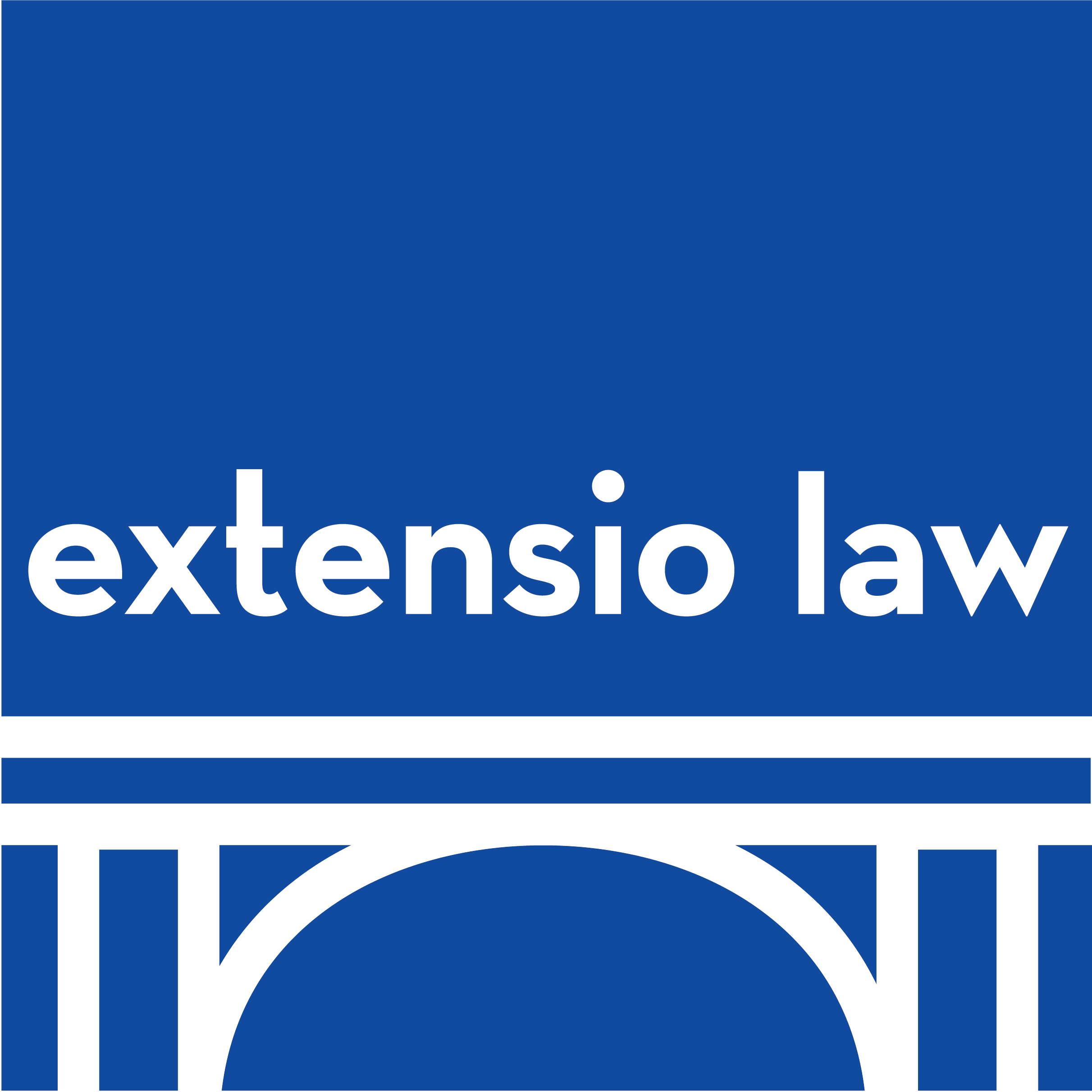Texas Court Enjoins FTC from Enforcing Noncompete Ban Against Select Employers; May Expand Injunction to All Employers Before September 2024
by David Sotolongo, Esq.
As we’ve previously reported, in April 2024 the Federal Trade Commission (FTC) voted to issue a final rule (“Final Rule”) that would ban virtually all noncompete agreements and would void virtually all previously entered-into noncompete agreements, except those with “senior executive” employees who earn more than $151,164 per year. The Final Rule is currently set to take effect on September 4, 2024.
Legal action against the FTC’s Final Rule was expected, including by the Chamber of Commerce. As soon as the FTC issued the Final Rule, a tax firm in Texas sued to stop it from ever taking effect. Within a few weeks, the Chamber of Commerce and other business organizations joined the tax firm’s lawsuit against the FTC.
On July 3, 2024, the U.S. District Court for the Northern District of Texas granted motions to preliminarily enjoin the FTC from enforcing the noncompete ban against the specific parties challenging it. The court found that: (1) the FTC has no “authority to create substantive rules regarding unfair methods of competition”; and (2) the rule violates the Administrative Procedures Act’s prohibition against “arbitrary and capricious” rules since the noncompete ban “imposes a one-size-fits-all approach with no end date.”
Regarding the first point, the District Court acknowledged that a 1973 decision from the U.S. Court of Appeals for the District of Columbia held that the FTC does have authority to create substantive rules regarding unfair methods of competition. However, the Texas District Court is not bound by that Appeals Court (its reviewing appellate court is the U.S. Court of Appeals for the Fifth Circuit) and disagreed with it. The District Court bolstered its reasoning with a citation to the U.S. Supreme Court’s recent decision in Loper Bright Enterprises v. Raimondo, which overruled the longstanding precedent that courts must give deference to federal agencies’ reasonable interpretations of the statutes they are charged with enforcing.
Regarding the second point, the District Court found that the FTC based the Final Rule “on inconsistent and flawed empirical evidence, fail[ed] to consider the positive benefits of non-compete agreements, and disregard[ed] the substantial body of evidence supporting these agreements.” The District Court also stated, in support of its finding, that “no state has ever enacted a non-compete rule as broad as the FTC’s Non-Compete Rule.” However, as we’ve previously noted, at least four states (California, Minnesota, North Dakota, and Oklahoma) ban virtually all non-competes within their borders, though like the FTC’s Final Rule, they provide exceptions for non-competes entered into in connection with the sale of a business.
The District Court concluded with an analysis of whether the injunction should be nationwide or tailored only to the named plaintiffs in that specific case. The District Court cited a 2015 decision by the Fifth Circuit, affirming its power to issue nationwide preliminary injunctions “in appropriate circumstances.” But the District Court further noted that the plaintiffs “offered virtually no briefing (or basis) that would support ‘universal’ or ‘nationwide’ injunctive relief,” and that “[w]ithout such developed briefing,” the District Court decided it would limit the injunction to protect the named plaintiffs only.
The District Court further explained that it would issue a merits disposition (i.e., a final decision) on or before August 30, 2024. Perhaps the District Court was soliciting detailed briefs from the plaintiffs on why issuing a nationwide injunction would be appropriate, thus providing the District Court with the support it would need to extend its injunction to apply to all employers across the country.
On July 10, 2024, the plaintiffs filed a motion asking the District Court to reconsider the limited nature of the preliminary injunction ruling and to instead issue a nationwide preliminary injunction. However, in a three-sentence Order issued the next day, the District Court denied the motion, stating only that the plaintiffs “have not shown themselves entitled to the respective relief requested.”
Despite the District Court’s limited rulings thus far, it is possible that in its final decision, the District Court will issue a nationwide injunction against the FTC’s Final Rule on non-competes. This is so because the basis for the Court’s decision is not specific to the plaintiffs before the Court, and failing to apply the injunction nationwide is virtually certain to result in additional duplicative lawsuits, which is an inefficient use of the judicial system that Courts generally try to avoid. This is only an educated guess; it’s far from a certainty.
Finally, keep in mind that in June 2024 an administrative law judge (ALJ) with the National Labor Relations Board (NLRB) found that noncompete and non-solicitation of employees agreements were unlawful as applied to nonsupervisory employees. The ALJ’s decision tracked the reasoning set forth in the NLRB General Counsel’s memorandum from May 2023, which we’ve previously written about. Like the Texas District Court’s decisions so far, the NLRB ALJ’s decision was only binding on the parties before it.
Here are the current takeaways for employers:
Employers who have non-competition or non-solicitation of employee agreements with nonsupervisory employees should evaluate the terms of those agreements, and consider the risk of maintaining them.
Employers should consider preparing for the possibility that come September 4, 2024, most preexisting noncompete clauses will become void, and virtually all new noncompete clauses will be prohibited.
For more information, please see our prior blog posts and contact us or your current employment counsel for advice specific to your organization.



